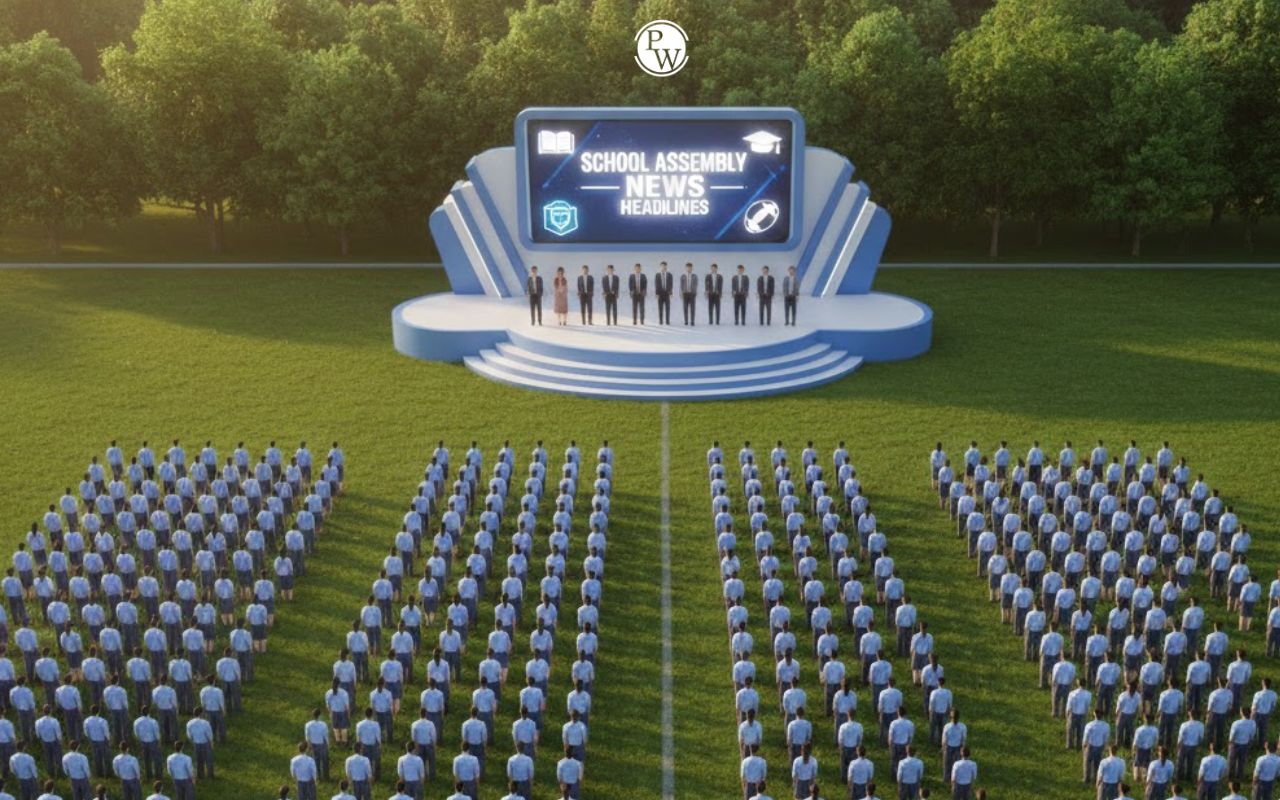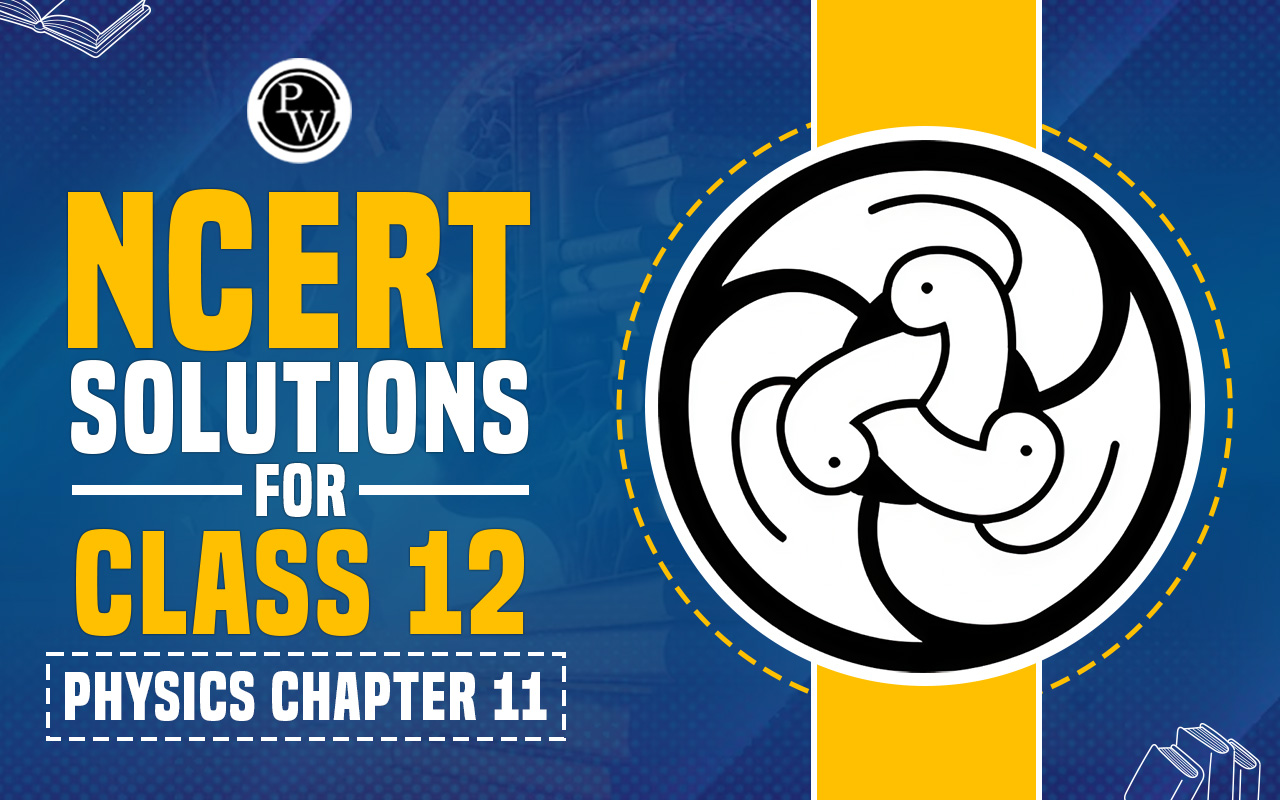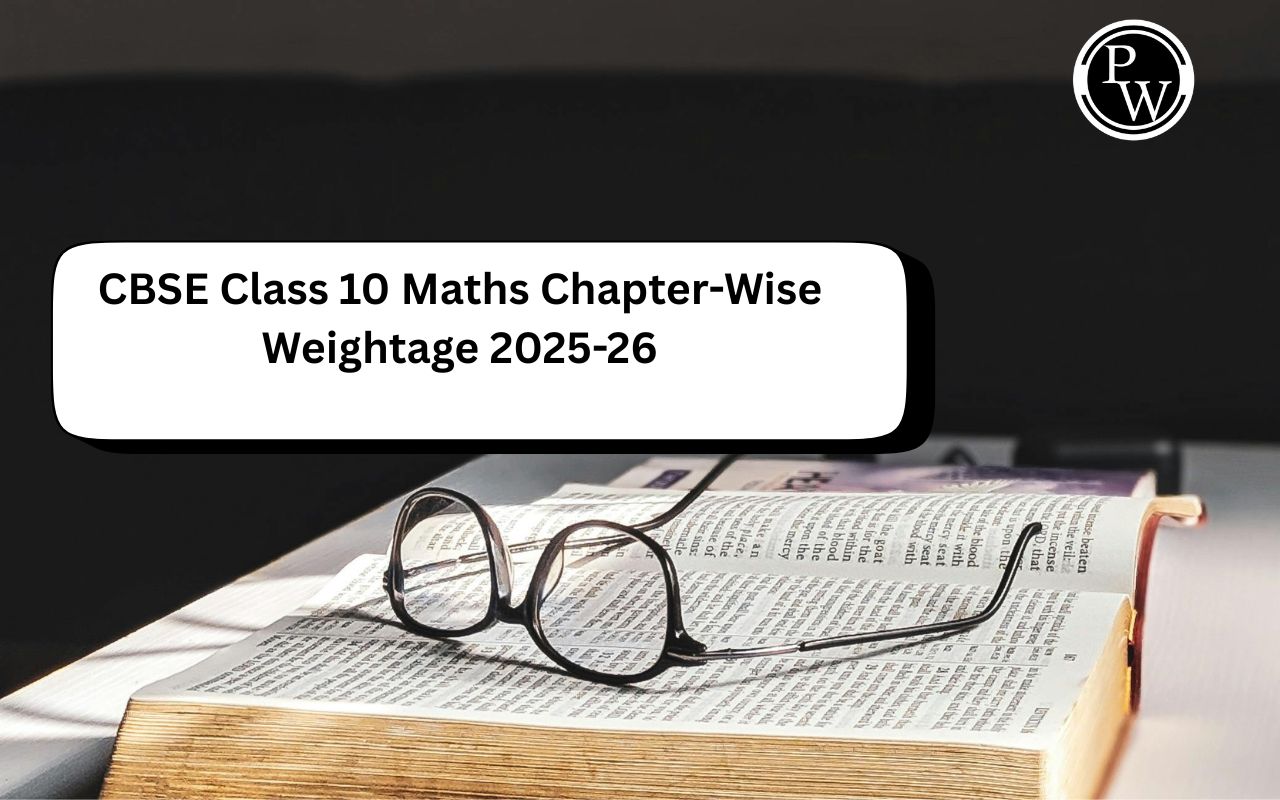
Energy consumption can be a complex topic, and there isn't a single formula that covers all aspects of it. However, I can provide you with a comprehensive overview of energy consumption, the various formulas and factors involved, and how they are applied in different contexts. This information should help you understand the topic in detail.
Introduction to Energy Consumption
Energy consumption refers to the amount of energy used by individuals, organizations, or systems over a specific period. It is a critical aspect of modern life, as almost every activity, from heating homes to powering industries, relies on energy. Understanding energy consumption is essential for optimizing resource use, reducing environmental impact, and managing costs. Energy consumption is typically measured in units such as joules (J), kilojoules (kJ), megajoules (MJ), or kilowatt-hours (kWh). The choice of unit depends on the context and the magnitude of the energy being consumed.Basic Energy Consumption Formula
The basic formula to calculate energy consumption is straightforward:Energy Consumption (E) = Power (P) × Time (t)
Where:
- Energy Consumption (E) is measured in joules (J) or kilowatt-hours (kWh). - Power (P) is the rate at which energy is used and is typically measured in watts (W) or kilowatts (kW). - Time (t) is the duration over which energy is consumed and is usually measured in hours (h) or seconds (s). This formula is the foundation for understanding energy consumption, but it can become more complex when applied to specific scenarios. Electricity Consumption In the context of electricity consumption, the formula becomes: Electricity Consumption (kWh) = Power (kW) × Time (h) This formula is commonly used by households to calculate their electricity usage. For example, if you have a 1-kilowatt appliance running for 5 hours, it consumes 5 kilowatt-hours of electricity.Also Check - Latent Heat Formula
Heating and Cooling Energy Consumption
Heating and cooling energy consumption, especially in buildings, is significant. The formula to calculate heating or cooling energy usage is more complex and takes into account factors such as insulation, temperature difference, and heat transfer coefficients: Energy Consumption (kWh) = Area (m²) × Temperature Difference (°C) × Heat Transfer Coefficient (W/m²·K) × Hours (h) / Insulation Factor (R-value) This formula considers the area of the space being heated or cooled, the temperature difference between the inside and outside, the efficiency of insulation, and the time for which the system operates.Gas Consumption
For natural gas consumption, a different formula is used: Gas Consumption (cubic meters or BTUs) = Volume (cubic meters or cubic feet) × Energy Content (BTUs/cubic meter or BTUs/cubic foot) The energy content of natural gas can vary, so it's essential to know the specific value for your region. You can then multiply the volume of gas used by its energy content to calculate consumption.Also Check - Radiant Energy Formula
Factors Affecting Energy Consumption Formula
Energy consumption depends on various factors, including:- Energy Efficiency: More efficient appliances or systems use less energy for the same task.
- Usage Patterns: How often and for how long an appliance or system is used affects consumption.
- Environmental Conditions: Extreme temperatures or weather conditions can increase heating or cooling needs.
- Insulation: Proper insulation reduces the energy required to maintain a comfortable indoor temperature.
- Appliance Ratings: Energy-efficient appliances have lower power ratings and consume less energy.
- Industrial Processes: Complex industrial processes have unique energy consumption equations.
Energy Consumption in Transportation
Transportation involves energy consumption, too. For vehicles, the formula is: Energy Consumption (MJ/km or miles per gallon) = Fuel Efficiency (MJ/km) × Distance Traveled (km) Fuel efficiency is often measured in megajoules per kilometer (MJ/km) for internal combustion engine vehicles. Electric vehicles use a different calculation based on kilowatt-hours per mile. Renewable Energy and Conservation Reducing energy consumption and shifting to renewable sources are crucial for sustainability. Calculating the energy saved or generated by renewable systems involves their capacity and the time they open. Energy Saved or Generated (kWh) = Capacity (kW) × Hours (h) × Efficiency Renewable energy systems such as solar panels or wind turbines have efficiency ratings that affect the actual energy production.Also Check - Ohm's Law Formula
Energy consumption is a multifaceted topic, and its formulas vary depending on the specific context. Understanding energy consumption is essential for managing resources efficiently, reducing costs, and mitigating environmental impacts. Whether you're calculating energy usage for a household, a building, a vehicle, or a renewable energy system, the appropriate formula considers factors like power, time, efficiency, and environmental conditions. By applying these formulas and considering energy conservation measures, individuals and organizations can make informed decisions to reduce their energy footprint and contribute to a more sustainable future.Energy Consumption Formula FAQs
Why is it important to monitor and reduce energy consumption?
Monitoring and reducing energy consumption are essential for several reasons. It helps lower utility bills, reduces environmental impact, and conserves valuable resources. Additionally, it can enhance energy security and support sustainability goals.
What are some practical tips for reducing energy consumption at home?
Some practical tips for reducing energy consumption at home include:
- Using energy-efficient appliances and lighting
- Properly insulating and sealing your home
- Adjusting thermostat settings for heating and cooling.
- Turning off lights and appliances when not in use.
- Installing renewable energy systems like solar panels.
How does energy consumption vary across different industries?
Energy consumption varies significantly across industries. Energy-intensive sectors like manufacturing and mining consume large amounts of energy for production processes, while service industries typically have lower energy demands. Understanding these variations is crucial for energy management and policy development.
What role does energy efficiency play in reducing energy consumption?
Energy efficiency is a key factor in reducing energy consumption. It involves using less energy to accomplish the same tasks. Improving the efficiency of appliances, vehicles, and industrial processes reduces overall energy demand, lowers costs, and decreases greenhouse gas emissions.
🔥 Trending Blogs
Talk to a counsellorHave doubts? Our support team will be happy to assist you!

Check out these Related Articles
Free Learning Resources
PW Books
Notes (Class 10-12)
PW Study Materials
Notes (Class 6-9)
Ncert Solutions
Govt Exams
Class 6th to 12th Online Courses
Govt Job Exams Courses
UPSC Coaching
Defence Exam Coaching
Gate Exam Coaching
Other Exams
Know about Physics Wallah
Physics Wallah is an Indian edtech platform that provides accessible & comprehensive learning experiences to students from Class 6th to postgraduate level. We also provide extensive NCERT solutions, sample paper, NEET, JEE Mains, BITSAT previous year papers & more such resources to students. Physics Wallah also caters to over 3.5 million registered students and over 78 lakh+ Youtube subscribers with 4.8 rating on its app.
We Stand Out because
We provide students with intensive courses with India’s qualified & experienced faculties & mentors. PW strives to make the learning experience comprehensive and accessible for students of all sections of society. We believe in empowering every single student who couldn't dream of a good career in engineering and medical field earlier.
Our Key Focus Areas
Physics Wallah's main focus is to make the learning experience as economical as possible for all students. With our affordable courses like Lakshya, Udaan and Arjuna and many others, we have been able to provide a platform for lakhs of aspirants. From providing Chemistry, Maths, Physics formula to giving e-books of eminent authors like RD Sharma, RS Aggarwal and Lakhmir Singh, PW focuses on every single student's need for preparation.
What Makes Us Different
Physics Wallah strives to develop a comprehensive pedagogical structure for students, where they get a state-of-the-art learning experience with study material and resources. Apart from catering students preparing for JEE Mains and NEET, PW also provides study material for each state board like Uttar Pradesh, Bihar, and others
Copyright © 2026 Physicswallah Limited All rights reserved.









